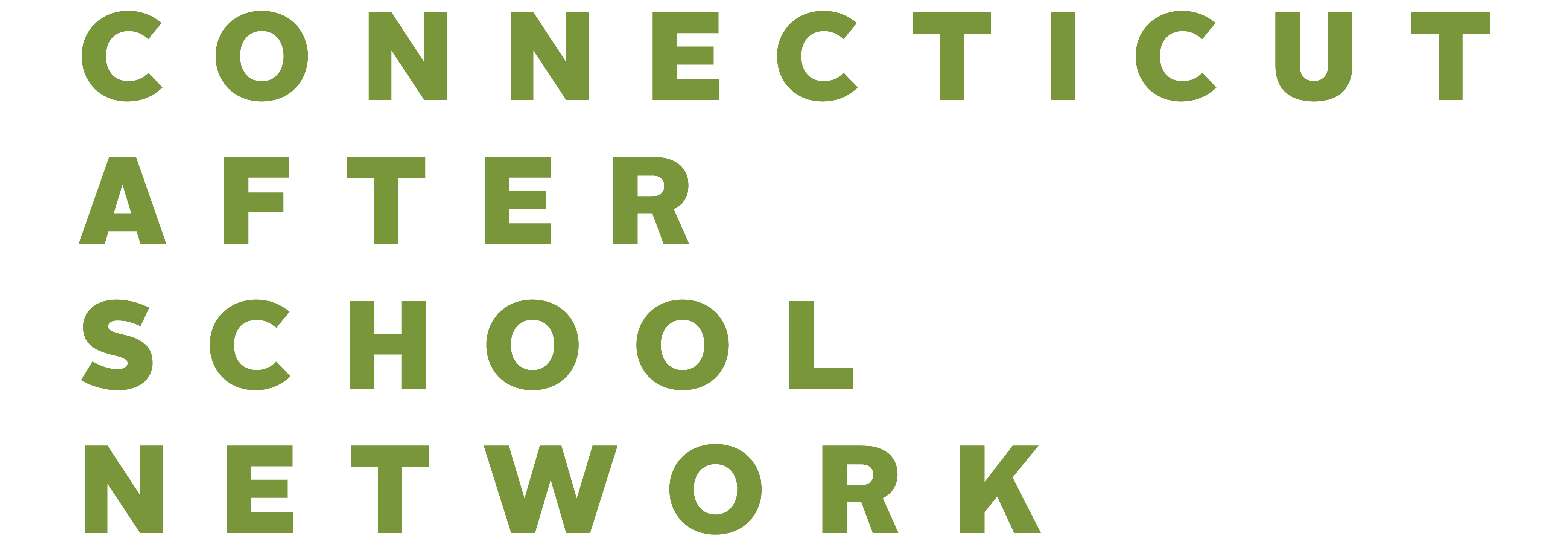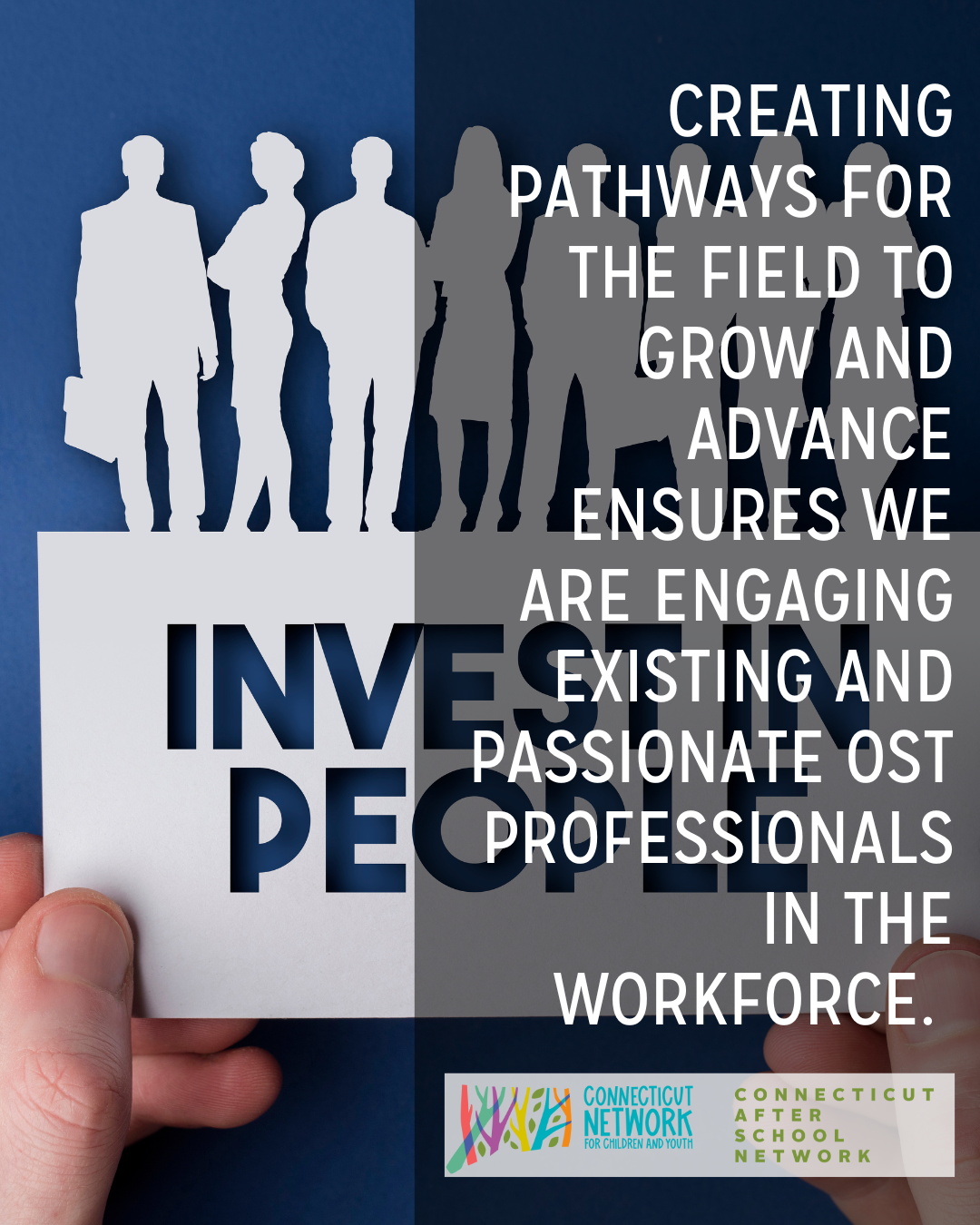As the out-of-school time research base grows demonstrating the benefits of afterschool and summer programs, opportunities for growth and advancement in the field as a viable career have become reality. Organizations that were either small or non-existent 25 years ago are now major parts of the support system. These include the 50 State Afterschool Network (every state has a statewide afterschool network), the National AfterSchool Association, the Afterschool Alliance, Every Hour Counts, Prime Time Palm Beach, and more.
These organizations have advocated for expanded funding and access to quality programs, fostered collaboration between municipal and community organizations, and created state and local infrastructures and initiatives to increase overall program quality. Careers now exist in intermediary organizations, research and development, and policy and advocacy as a result of this work. Creating pathways for the field to grow and advance ensures we are engaging existing and passionate OST professionals in the workforce. One direction could be to bring their experience having worked in programs or similar positions to a different type of work in the field that supports these efforts. This could include quality advising, program development, helping shape policies, or simply help people do their job better.
Central to these efforts has been philanthropic support to help support, test, and improve best practices and quality standards. These have included the CS Mott Foundation, the Wallace Foundation, and others nationally. Likewise, here in Connecticut the American Savings Foundation, the Hartford Foundation for Public Giving, community foundations such as the Ritter Foundation, Fairfield County Community Foundation, The Community Foundation of Greater New Haven, and many more. Additionally, state and federal funding dedicated to after school programs now exist to help programs support community and family needs. Many site leaders and program directors have experience working with program budgets to submit for grants or train staff to meet grant and program requirements. Another pathway could be using this knowledge to be a Program Officer at a foundation overseeing the afterschool programs they fund, it could be working with citywide partners to help develop coalitions that support all afterschool and summer program staff through shared professional development and resources.
While our field is still relatively young in comparison to the early childhood and formal education space, the knowledge base that we have accumulated in the past 20 years demonstrates the short term and longitudinal impact afterschool and summer programs in our Connecticut communities have on the lives of children and youth. Programs like apprenticeships, fellowships, and communities of practice exist at the statewide and national levels. Following your passion leads to true personal and professional growth.

